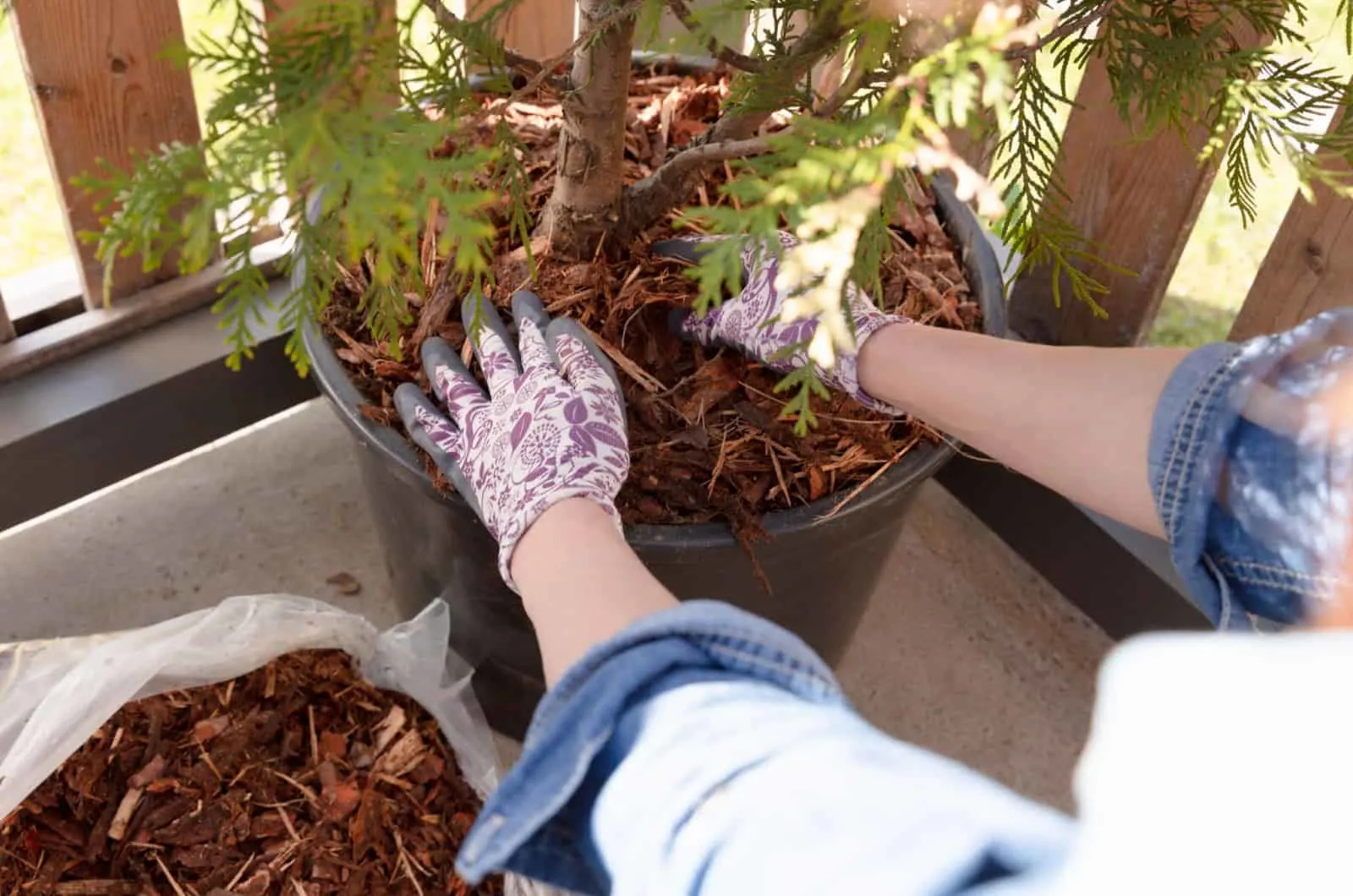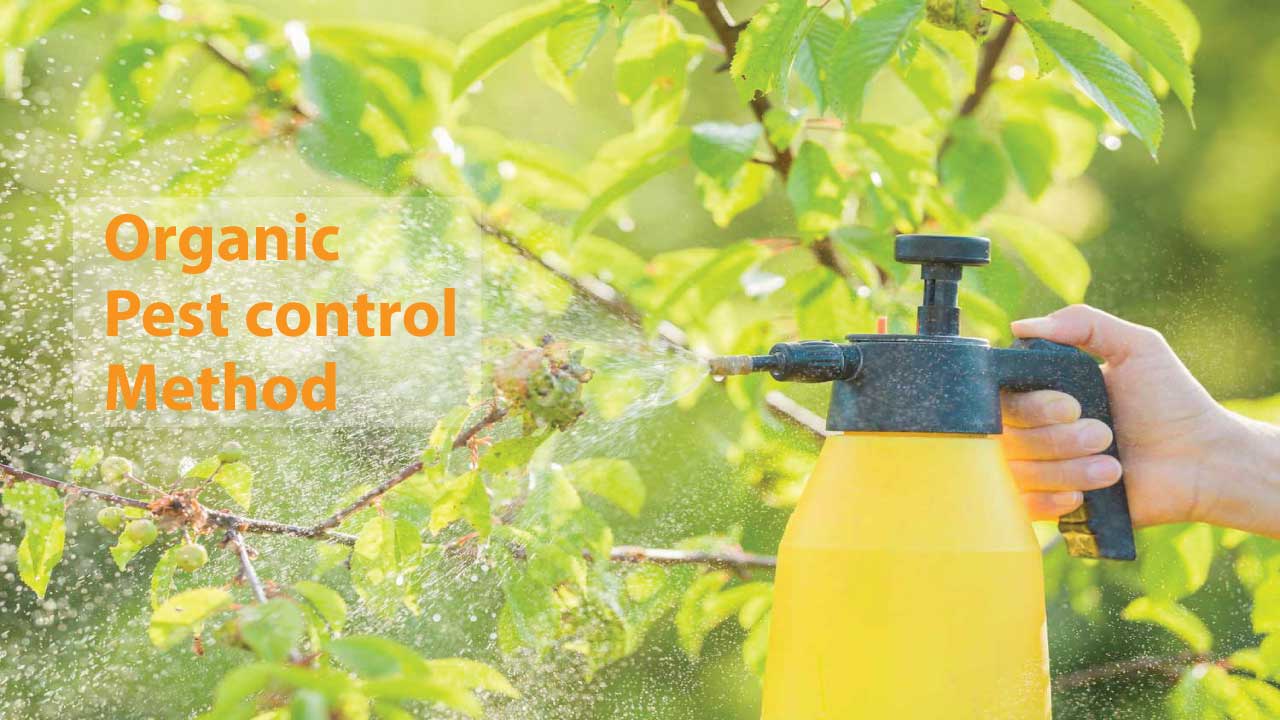Gardening is a rewarding hobby, but it comes with its challenges, particularly when it comes to pest management. Traditional chemical pesticides can harm the environment, beneficial insects, and even human health. Fortunately, organic pest control offers an eco-friendly alternative, allowing you to protect your plants while maintaining a healthy ecosystem. This article explores various organic pest control methods, their benefits, and how to implement them in your garden.
1. Understanding Organic Pest Control
Organic pest control refers to the use of natural methods and substances to manage pests without relying on synthetic chemicals. The goal is to create a balanced ecosystem where pests are kept in check by natural predators and other ecological factors.
Benefits of Organic Pest Control
- Environmentally Friendly: Organic methods reduce the risk of soil, water, and air pollution.
- Safe for Humans and Animals: These methods pose minimal health risks compared to chemical pesticides.
- Preserves Beneficial Insects: Organic pest control encourages the presence of beneficial insects like bees and ladybugs, which are crucial for pollination and controlling harmful pests.
2. Common Organic Pest Control Methods
A. Biological Control
Biological control involves using natural predators or parasites to manage pest populations. This method is highly effective and sustainable.
Examples:
- Ladybugs: Release ladybugs in your garden to control aphids, whiteflies, and other soft-bodied insects.
- Nematodes: These microscopic worms attack soil-dwelling pests like grubs and root maggots.
- Parasitic Wasps: These wasps lay their eggs inside pest insects, eventually killing them.
B. Botanical Insecticides
Botanical insecticides are derived from plants and are less harmful to the environment than synthetic chemicals. They target specific pests without affecting beneficial insects.
Examples:
- Neem Oil: Extracted from the neem tree, this oil disrupts the life cycle of many insects and acts as a deterrent.
- Pyrethrin: Derived from chrysanthemum flowers, pyrethrin is effective against a wide range of pests, including beetles, caterpillars, and ants.
C. Mechanical Control
Mechanical control involves physical methods to prevent pests from damaging plants. This is one of the simplest and most immediate forms of pest control.
Examples:
- Handpicking: Manually remove pests like caterpillars, beetles, and slugs from plants.
- Barriers and Traps: Use row covers, sticky traps, and copper tape to protect plants from insects and slugs.
- Pruning: Remove infested plant parts to prevent the spread of pests.
D. Cultural Control
Cultural control involves practices that disrupt the environment pests need to thrive. These methods often require changes in how you manage your garden.
Examples:
- Crop Rotation: Plant different crops in your garden each year to prevent pest buildup in the soil.
- Companion Planting: Grow plants that repel pests next to vulnerable crops. For example, planting marigolds with tomatoes deters nematodes.
- Proper Watering: Overwatering or underwatering can make plants more susceptible to pests. Maintain proper moisture levels to keep plants healthy.
E. Organic Sprays and Solutions
Homemade or commercially available organic sprays can effectively manage pests without harming the environment.
Examples:
- Insecticidal Soap: This soap kills soft-bodied insects like aphids and spider mites by disrupting their cell membranes.
- Garlic Spray: A mixture of garlic, water, and soap can repel a variety of insects.
- Hot Pepper Spray: Capsaicin from hot peppers deters pests like ants, caterpillars, and aphids.
3. Implementing Natural Pest Management in Your Garden

Adopting organic pest control requires a strategic approach to ensure your garden remains healthy and productive. Here’s a step-by-step guide to implementing these methods:
Step 1: Monitor Your Garden
Regularly inspect your plants for signs of pest damage. Early detection is crucial in preventing infestations from spreading.
Step 2: Identify the Pests
Accurately identify the pests in your garden to choose the most effective organic control methods. Use resources like gardening books, apps, or local extension services for help.
Step 3: Choose the Right Control Methods
Select the most appropriate control methods based on the pests you’re dealing with and the specific needs of your plants.
Step 4: Apply Controls at the Right Time
Timing is critical in pest control. Apply controls when pests are most vulnerable, such as during their larval stage or when they are most active.
Step 5: Encourage Natural Predators
Create a garden environment that attracts and supports natural predators. Planting flowers like dill, fennel, and cosmos can attract beneficial insects.
Step 6: Rotate and Diversify Crops
Avoid planting the same crops in the same location each year. Crop rotation reduces the likelihood of pest infestations by disrupting their life cycles.
4. Preventative Measures for Organic Pest Control
Prevention is the best way to control pests organically. Here are some preventative measures you can take:
A. Maintain Healthy Soil
Healthy soil is the foundation of a thriving garden. Regularly add organic matter, like compost or well-rotted manure, to improve soil structure and fertility. Healthy plants are less susceptible to pests.
B. Use Resistant Varieties
Choose plant varieties that are naturally resistant to common pests in your area. Seed catalogs and gardening resources often provide information on pest-resistant varieties.
C. Clean Up Debris
Remove plant debris, fallen leaves, and weeds from your garden. Pests often hide and breed in decaying organic matter.
D. Mulching

Mulch helps retain soil moisture, suppress weeds, and can deter some pests. Organic mulches like straw, wood chips, or compost are excellent choices.
5. The Role of Organic Fertilizers in Pest Control
Organic fertilizers play a significant role in pest management by promoting healthy plant growth. Well-nourished plants are more resilient and less attractive to pests. Organic fertilizers, such as compost, manure, and bone meal, provide essential nutrients without the harmful side effects of synthetic fertilizers.
6. Conclusion: The Future of Organic Pest Control
As more gardeners and farmers turn to sustainable practices, organic pest control will continue to grow in popularity. By reducing reliance on harmful chemicals and fostering a balanced ecosystem, organic pest control not only protects plants but also contributes to the overall health of our environment.
Incorporating organic pest control methods into your gardening routine can lead to healthier plants, increased biodiversity, and a more sustainable garden. Whether you’re a home gardener or a commercial farmer, organic pest control offers a safe, effective, and environmentally friendly way to manage pests.
This article provides a comprehensive overview of organic pest control, offering practical advice and insights to help gardeners protect their plants naturally. By using these methods, you can create a thriving garden that is both productive and sustainable.
